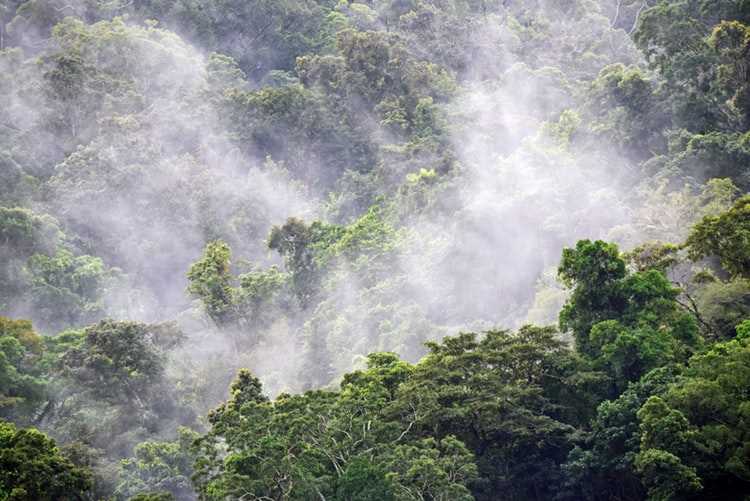
Nearly a third of the world’s plant and animal species could disappear from the face of the earth in the next 50 years, says a study by conducted by researchers at the University of Arizona. The study analysed 538 plant and animal species at 581 locations and found that 44% local extinctions at one or more sites. It predicts 16–30% of these 538 species could be extinct by 2070.
The study is significant because it may be the first to assess the extinction patterns because of changing climate using recent climate-related extinctions and from the movement of species. Species live in the tropical regions are two to four times more likely to go extinct compared with those in temperate zone. The response of species to changing climate needs urgent attention, says the study.
READ: UN launches campaign to assess public opinion on global warming, climate change
WATCH: Scientist warns mass extinction.
That changing climate is a big threat to the world’s biodiversity was known to scientific community for long. The United Nations has estimated that about 1 million species could go extinct because of human activities. There have been many studies on the decline in some species, but there is no clarity on the cause of extinctions and how many species will actually be lost.
The study has identified specific changes associated with local extinctions and uses the data to predict the possible losses to local biodiversity. It found that 57–70% of the 538 species examined will not disperse quickly enough to avoid extinction, based on their past dispersal rates. The locations where local extinctions were recorded had steeper and faster changes in highest temperatures experienced in the region, says the study.
READ: Climate change: Indian monsoon among nine tipping points
The research shows that most species will not disperse fast enough to avoid extinction. However, many species were able to tolerate temperature increases to a certain level. Almost half of the species had local extinctions when temperatures rose by more than 0.5C, and 95% when temperatures increased by 2.9C.
Environmental activists and scientists are critical of policy makers for the lack of urgency in adopting policies to stop a climate crisis. They say the Paris Agreement of 2015 does not adequately address the emergency of the situation. Ahead of the recent COP 25 summit held in Madrid, US President Donald Trump had announced the one-year withdrawal process from Paris accord, drawing all-round criticism.
Sajna Nair is a former banker. Her areas of interest are environment, art and culture.

